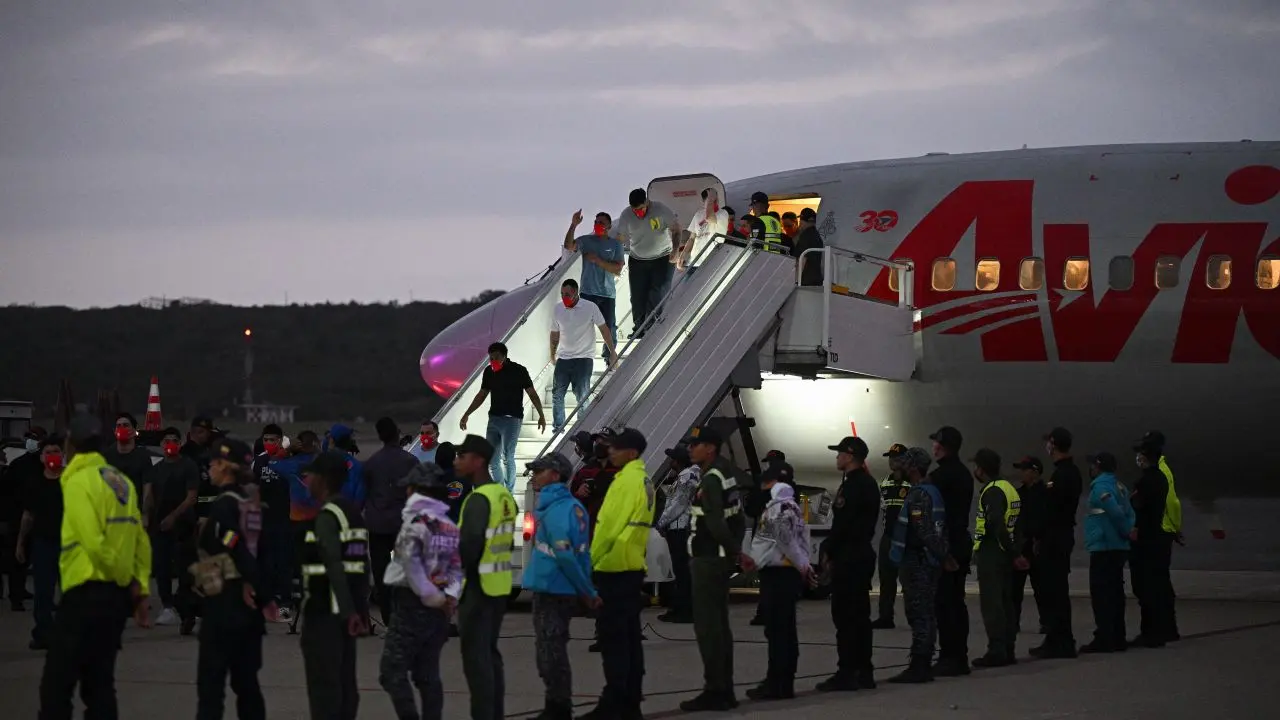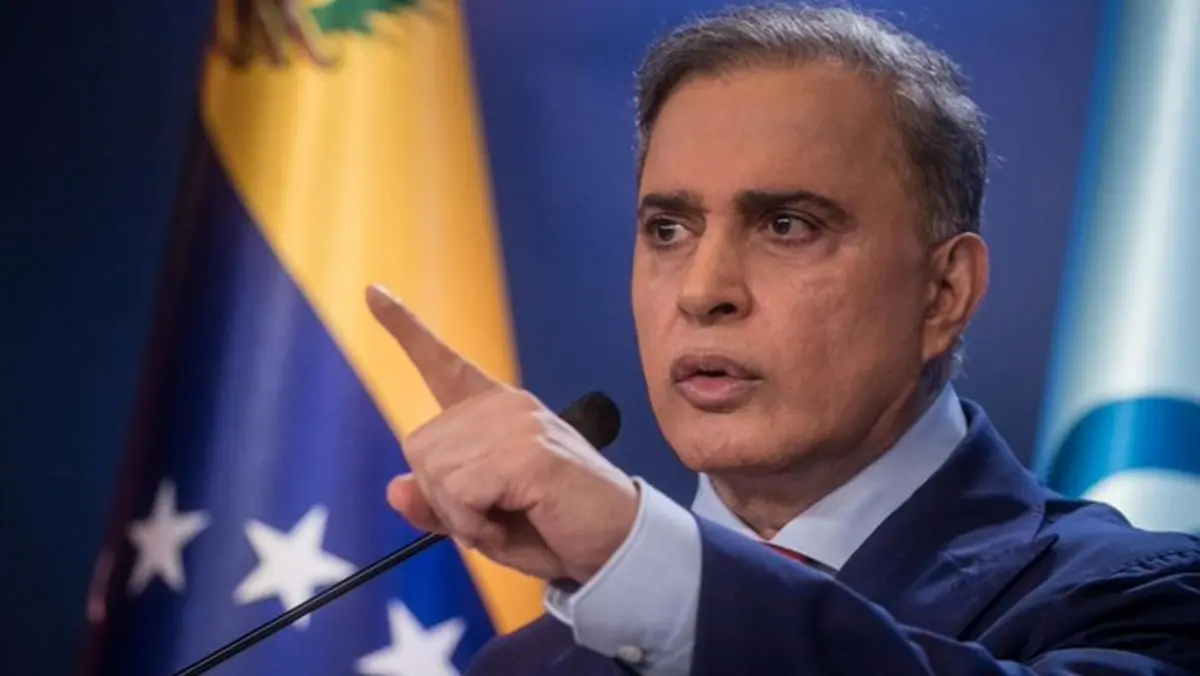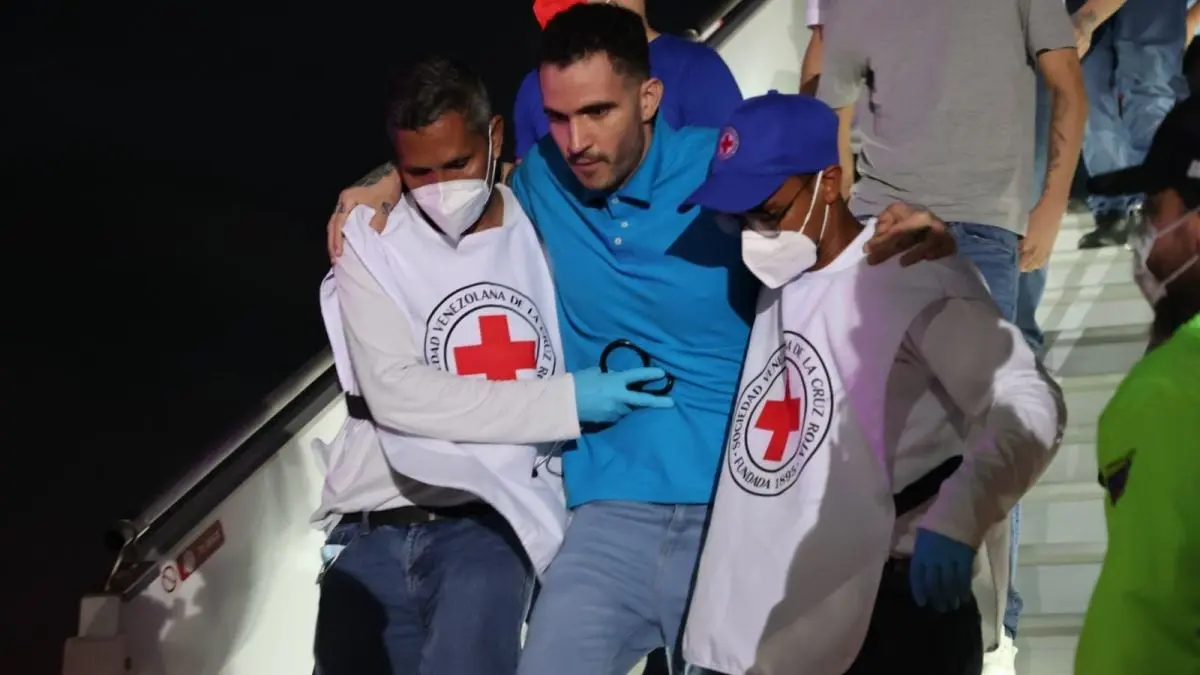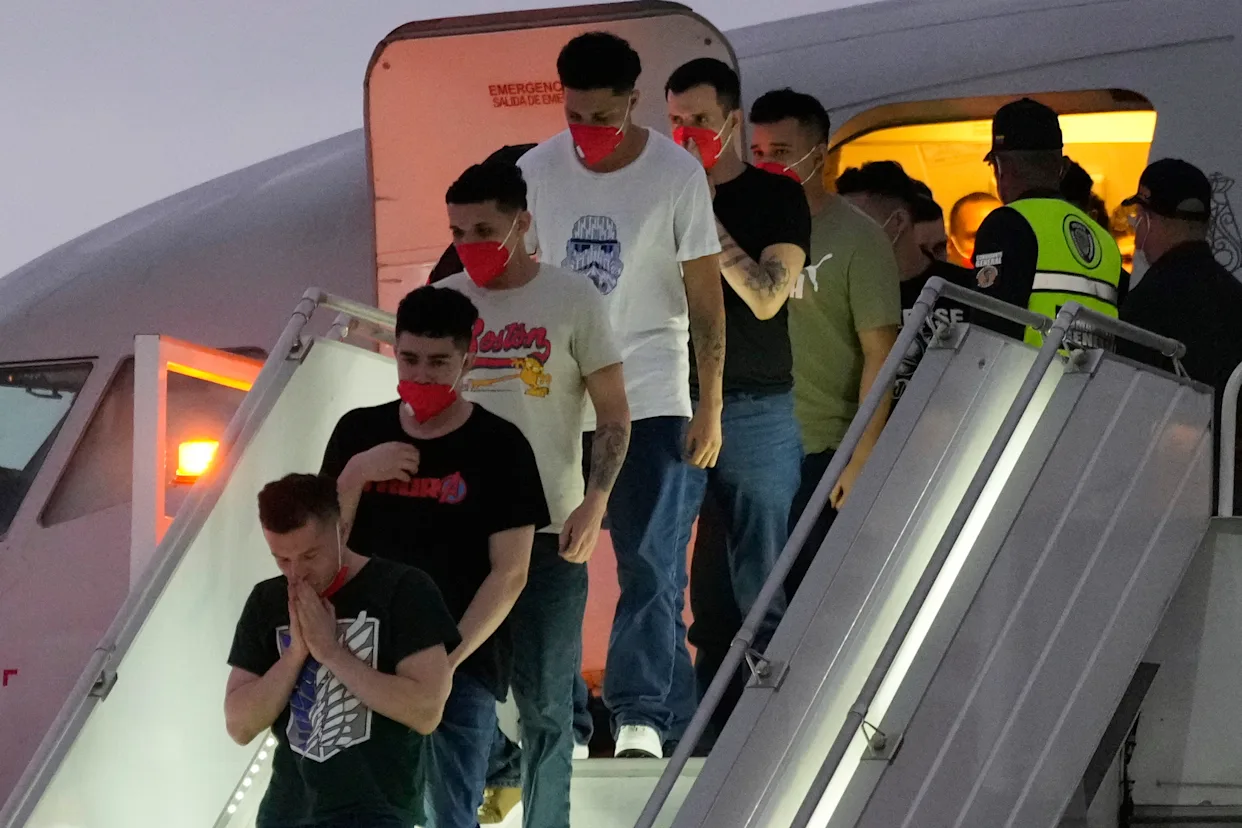427 Inmates Have Died in Custody Under El Salvador’s State of Emergency
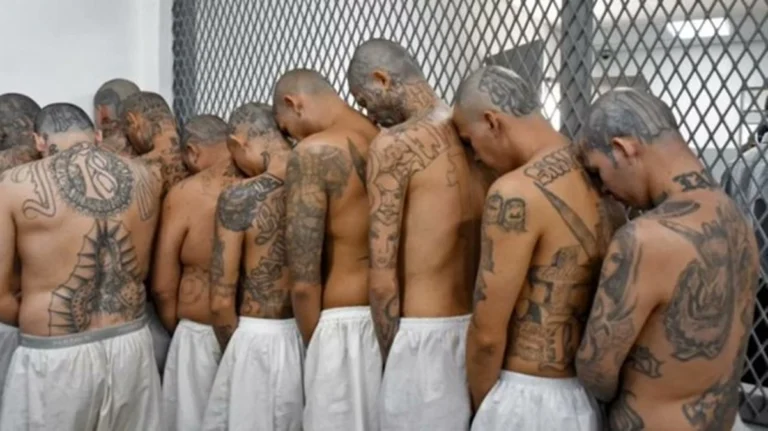
Prisoners in a Salvadoran detention center. X/ @landa_jj
July 15, 2025 Hour: 9:34 am
‘These were people awaiting trial who had not been convicted,’ said Socorro Juridico Humanitario.
On Monday, the nongovernmental organization Humanitarian Legal Aid (Socorro Juridico Humanitario, or SJH) denounced that 427 inmates have died while in the custody of Salvadoran authorities.
RELATED:
252 Heartbreaking Cases: Venezuela Migrants Held in El Salvador Spark Global Outcry
This figure corresponds to the number of inmate deaths since the “State of Emergency” was implemented in March 2022. “These were people awaiting trial who had not been convicted,” said the Salvadoran NGO, which provides legal assistance to the families of detainees.
According to SJH, 94% of those who died “had no gang affiliation,” and the organization warned that the total number of deaths in state custody “could surpass 1,000,” noting that “there is information being concealed in mass trials.”
A criminal justice reform passed in 2023 by the Legislative Assembly—controlled by President Nayib Bukele’s party—eliminated individual criminal proceedings and authorized the implementation of mass and collective trials based on gang affiliation. To date, no verdicts have been issued under this procedure, which human rights defenders have repeatedly denounced as violating the right to due process.
The state of emergency, which suspends constitutional guarantees, was approved by Congress in March 2022 following a spike in homicides that claimed more than 80 lives in just three days. It has since been extended 40 times in 30-day increments at President Bukele’s request.
In this context, authorities have detained more than 87,100 people, accusing them of being gang members or part of criminal organizations. Of those, approximately 8,000 could be innocent, according to statements from the Bukele administration.
Humanitarian organizations have received more than 6,400 complaints of human rights abuses, primarily involving arbitrary detentions, torture, and short-term enforced disappearances. Various human rights groups and analysts have said the state of emergency has been maintained for over three years as a means of social control and a tool to persecute critics of Bukele.
teleSUR/ JF
Source: EFE


